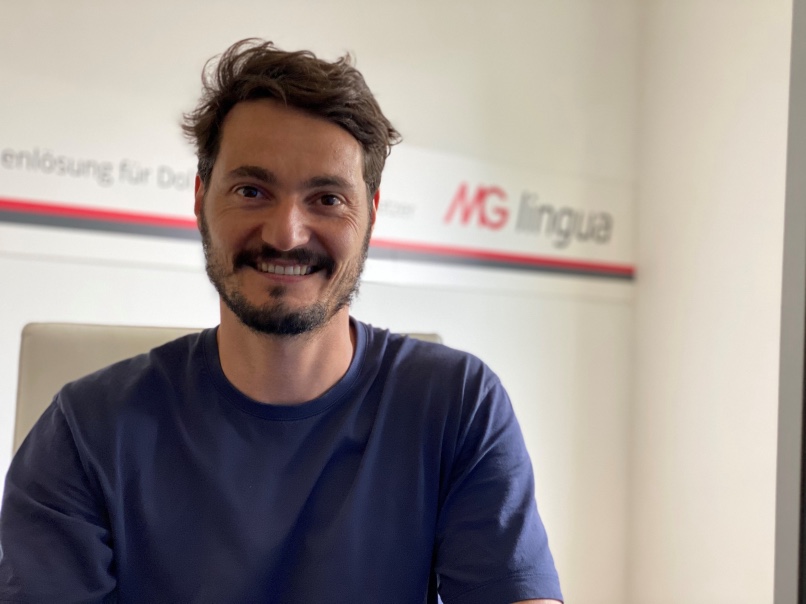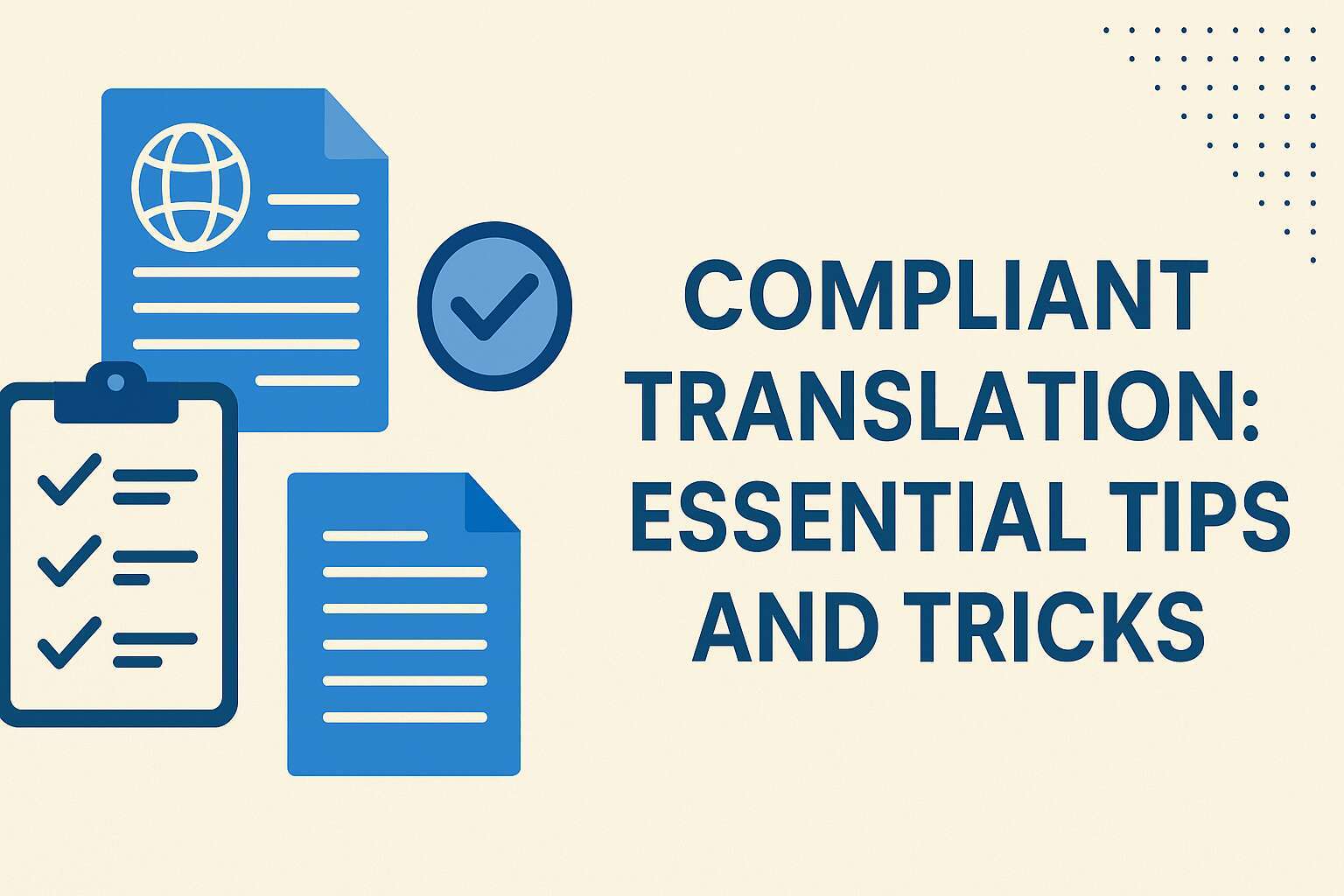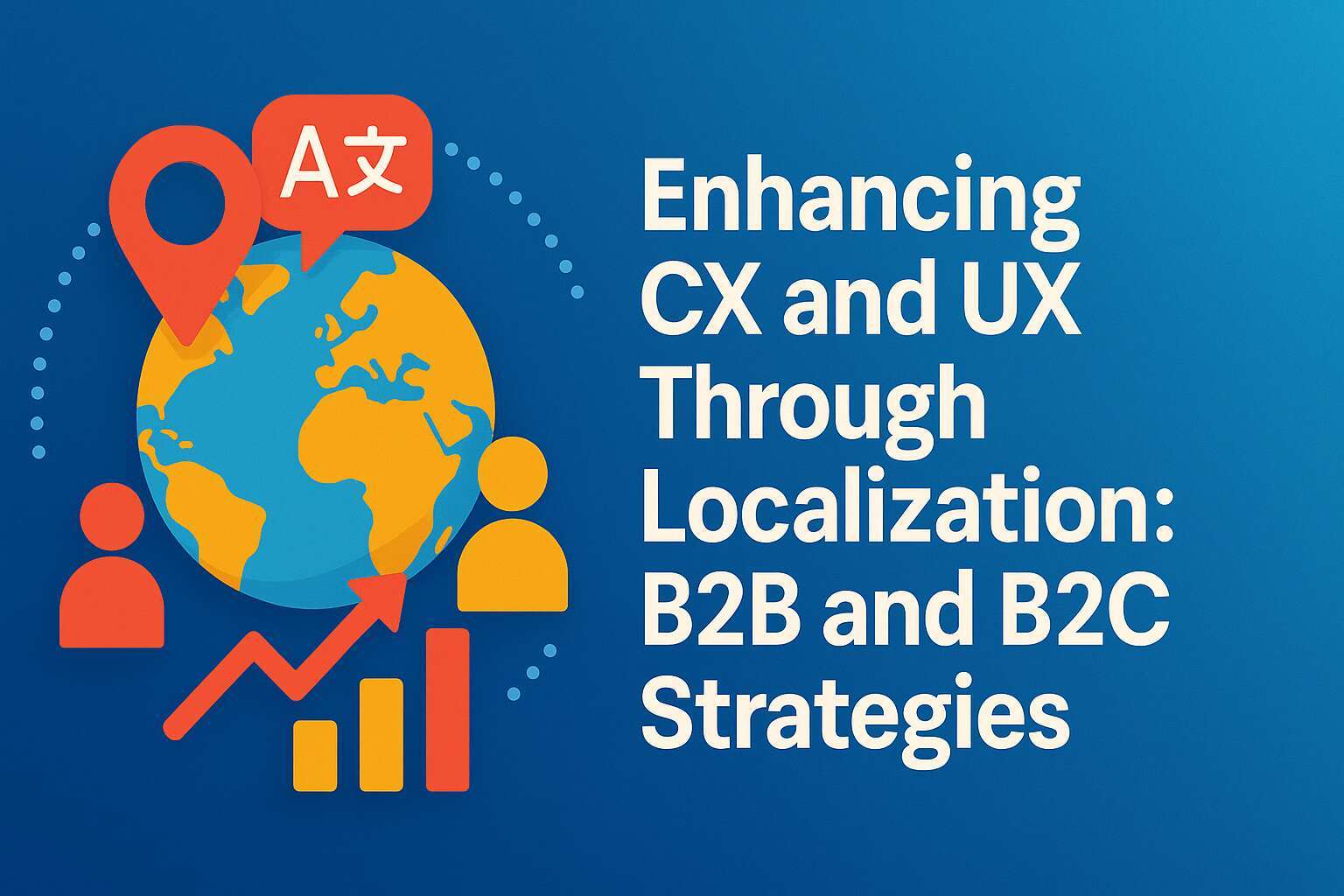Just like in all other business activities, risk management is a fundamental step that has to be taken in order to conduct daily activities with some peace of mind, and when you meet an insurance expert that is specialized in your field of interest, that’s an important resource.
A few months ago, ELIA has started a new partnership with the German insurance company MG lingua, offering to his members a dedicated presentation webinar by MG lingua’s CEO Christian Denzer, who has designed a unique professional indemnity insurance package for ELIA members working with AIG (product provider), that InnovaLang has recently subscribed.
MG lingua is an independent insurance broker, offering tailored insurance concepts for LSPs since 1990. They have 30 years of experience in insurance risk analysis and extensive claim skills. Christian Denzer is an innovator who, since 2011, has managed to combine tried and tested methods with new ones in his own business, and for whom personal service based on transparency is a top priority.
Christian, first of all thank you for your availability to this interview! Let’s start with a personal introduction: who is Christian Denzer?
I am 36 years old, married and proud dad of 2 little girls 3 and 1 year old. Basically, I am an early riser and take every opportunity to go running in the morning with Willi our Magyar Vizla and of course also with the kids. Usually, it is part of my work life balance. If that doesn’t work, I try to exhaust myself through fitness or endurance sports and get new energy for work. Basically, I’m a sports enthusiast. Thus, I am rather restless in my free time and I need action. Mainly I prefer to spend my free time with my family, so we like to travel a lot, too. Currently we still live very idyllically in a small village near Calw on the edge of the northern Black Forest. Our company is currently also located here. Fortunately, we were able to develop very well despite Corona, so we are forced to move with the company. Our space is no longer sufficient to accommodate all employees and it is becoming increasingly difficult to recruit personnel. Unfortunately, the rural situation here is the main problem for us. Thus, we are currently oriented towards the next larger city called Pforzheim. About 40km from our current place. If you will follow us on insta, you will be able to see our new location very soon.
Working side, what brought you to the insurance business?
That’s a good question I did not ask myself before. But actually, pretty easy to explain. I was born into an insurance family. That’s should explain almost everything, tho. Either you stay in the industry or you do something completely different. I stuck with it, as you can see. So, I was able to identify with insurance matters very early on and liked the heavy stuff and the linguistic peculiarities of insurance language. Sounds crazy but I fall asleep rather while reading a crime novel than insurance conditions. Since I have been working in the industry for a very long time, I was also confronted early on with partly negative attitudes towards this industry. Already in times of my school education, I had noticed that people are rather skeptical about insurance consultants. Actually, it’s a pity when you recognize the core of the work, because it is an honorable profession to secure livelihoods through risk management. However, the attitude to my industry is my incentive to convince people that there is another way. This is how I try to be innovative and promote personal transparent consulting and insurance frameworks.
Which competencies and experiences have been particularly useful to start your business?
Already during my school education I took the opportunity to go abroad. Therefore, I went to New Zealand for a year at the age of 18 and attended high school there. This is certainly the basis of my current language skills. After my return, I made up for another 2 years my German degree. After that, I decided relatively quickly to take over my parents’ company. Then I started a trainee program as an insurance salesman about 6 months later. In the meantime, I have done 2-3 practices in other branches like film production, focused on industries that also requires good English skills. After my trainee program, however, I quickly realized that it was not sufficient. So, I decided to study business administration right after it. This was very important for the further development of our company. Right now, I have been working almost exactly 10 years as a managing director in our family business – 2nd generation.
Why did you choose to specialize in the language industry?
Basically, I have been always interested in other industries especially like film, photo or health care. Today, I don’t work in these industries I am interested in, but I offer tailormade Insurance products for those industries. Which makes it just as exciting for me. The reference to language industry has actually arisen differently. I first dealt with this when I was already working in our company. The origin is therefore my father, who has developed his own product together with a good friend, who is a translator. She told him that it is so expensive to get a good and correct protection for your industry. The risk profile of a language service provider was not really assessed at that time, so products from other industries were adapted. As early as 1989, it had begun to develop its own tariff for this industry, which is still optimized almost annually. Of course, I always gained insights into this industry until I finally took over the product development and management here in 2011. I quickly set myself the goal of designing an international product. Which works not only in Germany, Austria and Switzerland, but at least in the whole of EUROPE. I have been developing it for almost 10 years now and ultimately we had to find a partner here who was willing to take risks with us here as well. The biggest hurdle, of course, was a tax issue. Because every country in EUROPE behaves differently here.
Are there specific products and approaches regarding our sector, from your perspective?
Yes, I think so. Although the products will develop more and more into Allrisk concepts so that almost every service provider can be mapped in a product, but there are still points that you should consider. First of all, you should make sure that all activities of a language service provider are really covered and not only the main activity but also secondary activities such as technical documentation / editing, localization, relocation and much more. Contractual liability should always be insured, as there are often cross-border contract negotiations, whereby the legal liability from the home country is not necessarily applicable. The global coverage must also be assessed precisely. Unfortunately, many essential services are still excluded today. There are still some points that should be considered, but that would be too much for today.
Do you only cover language service providers, or do you also have policies dedicated to freelancers?
We insure both companies and freelancers. Let’s put it this way. Our framework agreement fits for both and of course differs in the premiums, since we quote according to turnover. In most cases, our optional modules are more suitable for companies, so freelancers can then save these additives.
Do you have some funny anecdotes about your insurance experience to share with us?
Well, insurance is unfortunately rarely funny. However, we recently had a very funny incident that at least connects our industry and the language industry. In the “film insurance” sector, we have recently written a completely new wording. Of course, this had to be translated into English. Of course, we can do a lot of it ourselves, but it is important that it is professionally translated. We ourselves have commissioned an agency to do this. About 2-3 weeks later, a freelancer, which is customer of ours, asked us if we could possibly help her with a translation from the insurance sector. We have, of course, agreed to this. And you already guessed it. It was exactly our text which we had commissioned. Very funny.
Thank you very much, Christian!
Christian Denzer LinkedIn profile here.






